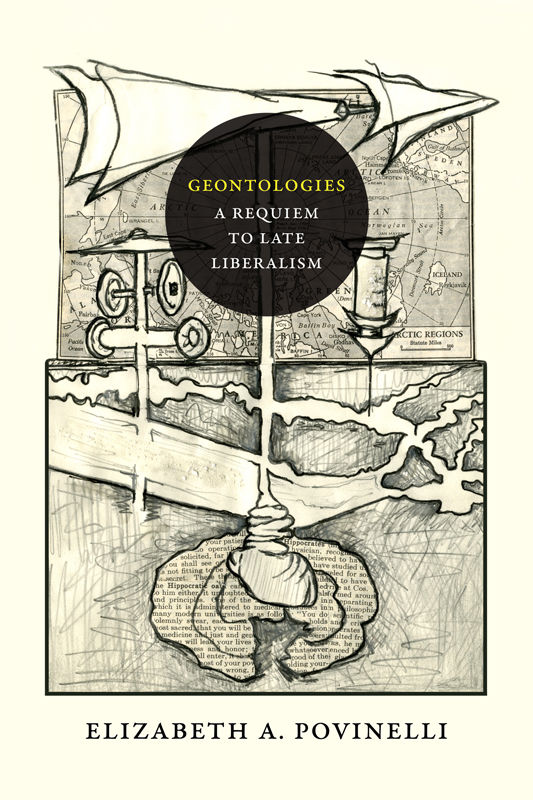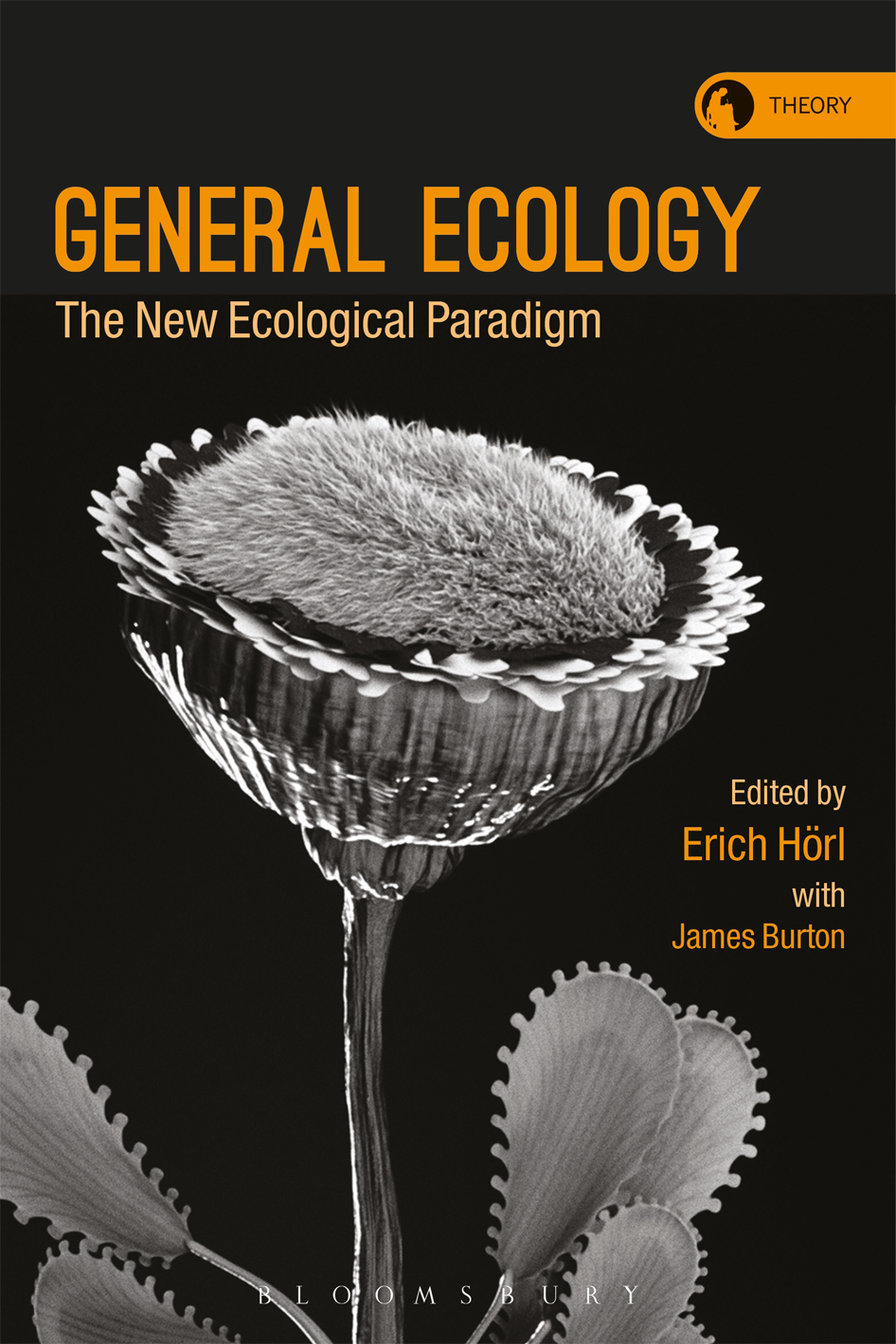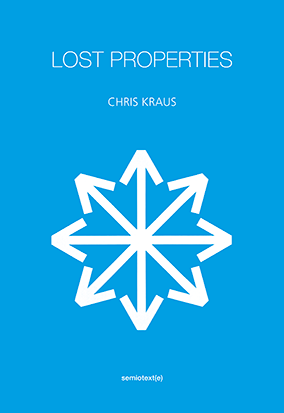Elizabeth A. Povinelli: Geontologies: A Requiem to Late Liberalism (2016)
Filed under book | Tags: · anthropocene, assemblage, being, biopolitics, capital, difference, ethnology, geology, geontopower, governance, indigenous peoples, liberalism, life, ontology, power

“In Geontologies Elizabeth A. Povinelli continues her project of mapping the current conditions of late liberalism by offering a bold retheorization of power. Finding Foucauldian biopolitics unable to adequately reveal contemporary mechanisms of power and governance, Povinelli describes a mode of power she calls geontopower, which operates through the regulation of the distinction between Life and Nonlife and the figures of the Desert, the Animist, and the Virus. Geontologies examines this formation of power from the perspective of Indigenous Australian maneuvers against the settler state. And it probes how our contemporary critical languages—anthropogenic climate change, plasticity, new materialism, antinormativity—often unwittingly transform their struggles against geontopower into a deeper entwinement within it. A woman who became a river, a snakelike entity who spawns the fog, plesiosaurus fossils and vast networks of rock weirs: in asking how these different forms of existence refuse incorporation into the vocabularies of Western theory Povinelli provides a revelatory new way to understand a form of power long self-evident in certain regimes of settler late liberalism but now becoming visible much further beyond.”
Publisher Duke University Press, 2016
ISBN 9780822362111, 0822362112
xii+218 pages
Interview with author: Mathew Coleman and Kathryn Yusoff (Theory, Culture & Society, 2017).
Reviews: Shela Sheikh (Avery Review, 2017), Robin Wright (Society+Space, 2017), Eve Vincent (Australian Aboriginal Studies, 2017), Timothy Neale (Australian Journal of Anthropology, 2017), Andrea Muehlebach (Anthropological Quarterly, 2018), Jean-Thomas Tremblay (Critical Inquiry, 2018), Elizabeth R Johnson, Garnet Kindervater, Zoe Todd, Kathryn Yusoff, Keith Woodward (with author’s response, EPC: Politics and Space, 2019).
Comment (0)Erich Hörl, James Burton (eds.): General Ecology: The New Ecological Paradigm (2017)
Filed under book | Tags: · affect, anthropocene, biopolitics, capitalism, cybernetics, ecology, general ecology, life, nature, philosophy, systems theory, theory

“Ecology has become one of the most urgent and lively fields in both the humanities and sciences. In a dramatic widening of scope beyond its original concern with the coexistence of living organisms within a natural environment, it is now recognized that there are ecologies of mind, information, sensation, perception, power, participation, media, behavior, belonging, values, the social, the political… a thousand ecologies. This proliferation is not simply a metaphorical extension of the figurative potential of natural ecology: rather, it reflects the thoroughgoing imbrication of natural and technological elements in the constitution of the contemporary environments we inhabit, the rise of a cybernetic natural state, with its corresponding mode of power. Hence this ecology of ecologies initiates and demands that we go beyond the specificity of any particular ecology: a general thinking of ecology which may also constitute an ecological transformation of thought itself is required.
In this ambitious and radical new volume of writings, some of the most exciting contemporary thinkers in the field take on the task of revealing and theorizing the extent of the ecologization of existence as the effect of our contemporary sociotechnological condition: together, they bring out the complexity and urgency of the challenge of ecological thought-one we cannot avoid if we want to ask and indeed have a chance of affecting what forms of life, agency, modes of existence, human or otherwise, will participate-and how-in this planet’s future.”
With texts by Erich Hörl, Luciana Parisi, Frédéric Neyrat, Bernard Stiegler, Didier Debaise, Jussi Parikka, Bruce Clarke, Cary Wolfe, David Wills, James Burton, Elena Esposito, Timothy Morton, Matthew Fuller and Olga Goriunova, and Brian Massumi.
Publisher Bloomsbury Academic, London/New York, 2017
ISBN 9781350014695, 1350014699
xv+384 pages
Chris Kraus: Lost Properties: Some Arguments For and Against the Dematerialization of Art (2014)
Filed under pamphlet | Tags: · art, art criticism, life

“Everyone wants to be an artist. The number of undergraduate students completing fine arts degrees at US colleges doubled in the years between 1985–2010, according to the Digest of Education Statistics. But being an artist doesn’t necessarily mean making drawings or paintings or sculpture or even installations or videos. The desire to pursue a life in ‘fine art’ simply means a desire to respond creatively to the present, just as the disciplines of ‘poetry’ or ‘rock & roll’ were ciphers for countercultural lifestyles in other eras. The only real difference lies in credentialing. As the definition of what constitutes ‘fine art’ expands to include journalism, social work, landscape architecture, theater, poetry, school-teaching, and literary nonfiction under the banners of ‘social practice,’ ‘research,’ and ‘art writing,’ institutions respond by offering specialized, low-residency degrees in these areas taught by itinerant, poorly-paid faculty. Participants travel between cities within and beyond Europe to dialogue about ‘communities’ during brief residencies.”
Publisher Semiotext(e), Los Angeles, 2014
Number 19 in a series of 22 publications produced on the occasion of the 2014 Whitney Biennial
ISBN 9781584351573
31 pages
PDF (no OCR, 4 MB)
Comment (0)
